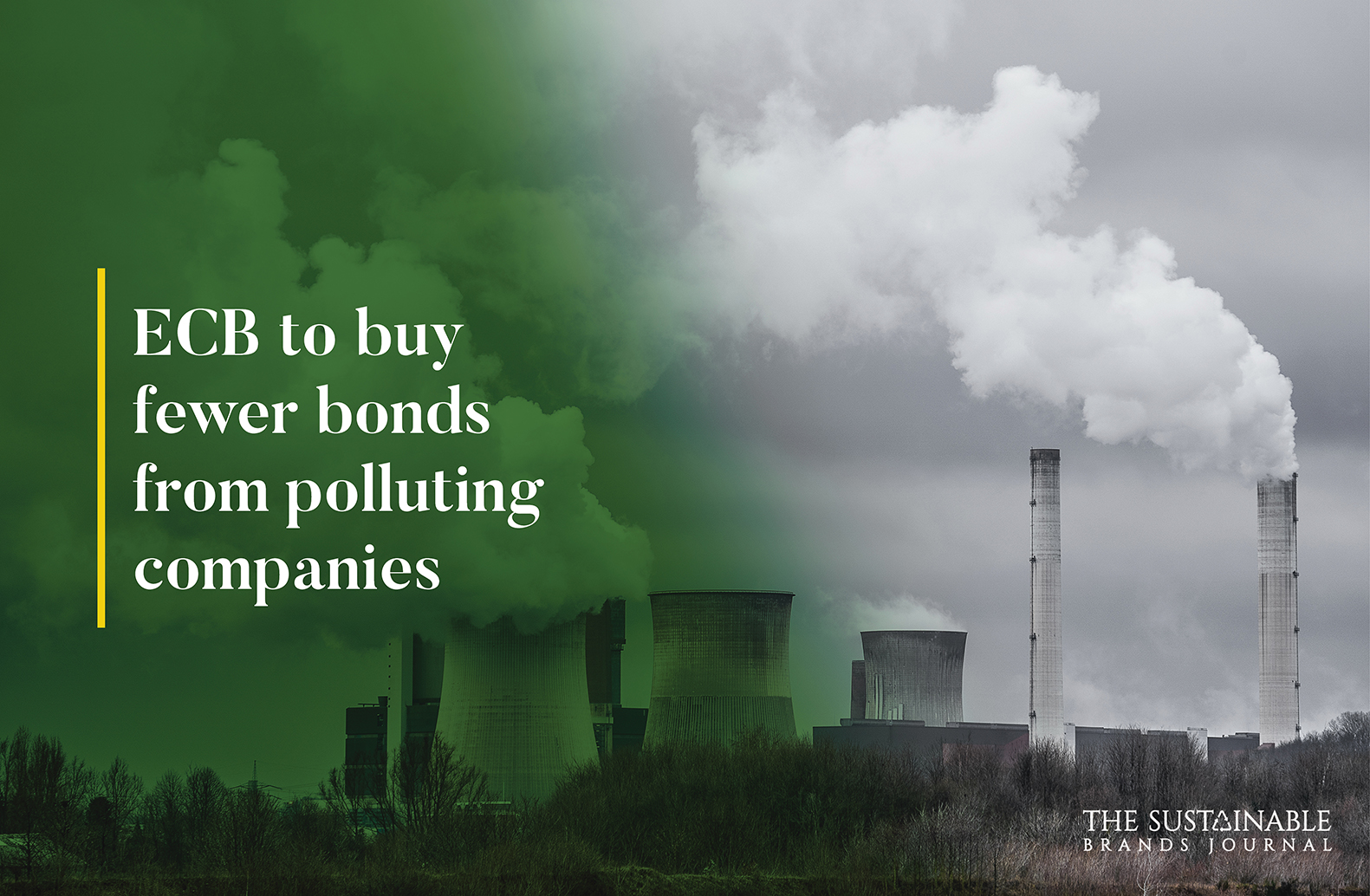
The European Union Signs A Deal To Boost Europe’s Carbon Market
In a successful political agreement reached on Sunday between EU negotiators, an invaluable step towards a better-engineered carbon market was achieved. Emissions from industry are expected to fall faster from 2027 onwards, as are increased CO2 costs imposed on fuels used in road transport and buildings.
There are over 10,000 factories and power plants across the European Union that must buy carbon permits every time they pollute. This is essential to the EU’s efforts to reduce its net emissions by 55% compared to 1990 levels by 2030.
It is envisaged that, by 2030, the European Union has to restructure its carbon market, in order for emissions to be cut by 62% from 2005 levels. This is in response to the deal concluded by negotiators from all EU member states and the European Parliament.
As part of the plan, 90 million CO2 permits will be removed from the system in 2024, 27 million in 2026, and the rate at which the cap on the number of permits is reduced to 4.3% from 2024-2027 and 4.4% from 2028-2030 will also be slashed.
Until 2027, it is crunch time for everyone to reduce their greenhouse gas emissions, or else they will have to pay a lot of money for their own pollution,” said Peter Liese, the lead negotiator for the European Parliament, adding that he hopes this looming deadline will lead to more green investments.
It is planned for the EU to phase out the free CO2 permits it currently offers industries. The purpose of this is to prevent them from being adversely affected by competitors between 2026 and 2034. These permits will be phased out as the EU introduces a carbon border tariff. This will prevent domestic firms from suffering the consequences of undercutting national competitors as a result of lower carbon costs.
It has also been agreed by the EU that starting in 2027 they will launch a carbon market covering the market for suppliers of CO2-emitting fuel used in cars and buildings following 30 hours of talks that began on Friday.
Despite continued resistance by members of the EU parliament, negotiators came up with a number of measures to shield citizens from high CO2 prices. This is after lawmakers refused to include households in the scheme.
The imposition of a carbon market would be delayed if fuel prices were as high in 2027 as they are today. Therefore, it would not take place until 2028. There will be some additional CO2 permits released into the market to ensure that prices do not escalate quickly if the CO2 price hits 45 euros ($47.62).
Recent years have seen a surge in the price of EU carbon permits as a result of increasing demand. Due to the expectation that tougher EU emissions targets will harm the supply of CO2 permits in the scheme, the supply of CO2 permits in the scheme is expected to decline. Across the EU, the benchmark carbon price ended Friday’s trading at around 84 euros per tonne of carbon dioxide, much higher than the price five years ago.
The EU will also launch an 86.7 billion euro fund for consumers and small businesses in order to help them cope with the costs associated with CO2 emissions, as well as invest in energy-saving building renovations or electric vehicles, with some funds coming from revenues earned from the newly created EU CO2 market and some coming from national governments.
It remains for the European Parliament and the European Council to formally adopt the provisional deal before it can come into force.

Prachi, an accomplished Chief-Editor at The Sustainable Brands Journal, has 15+ years of experience in Europe, the Middle East, and India, managing 90+ global sustainable brands. She’s a prolific writer in sustainability, contributing to various publications. Prachi’s unwavering passion and expertise make her a recognized authority, driving positive change and inspiring a sustainable future.





